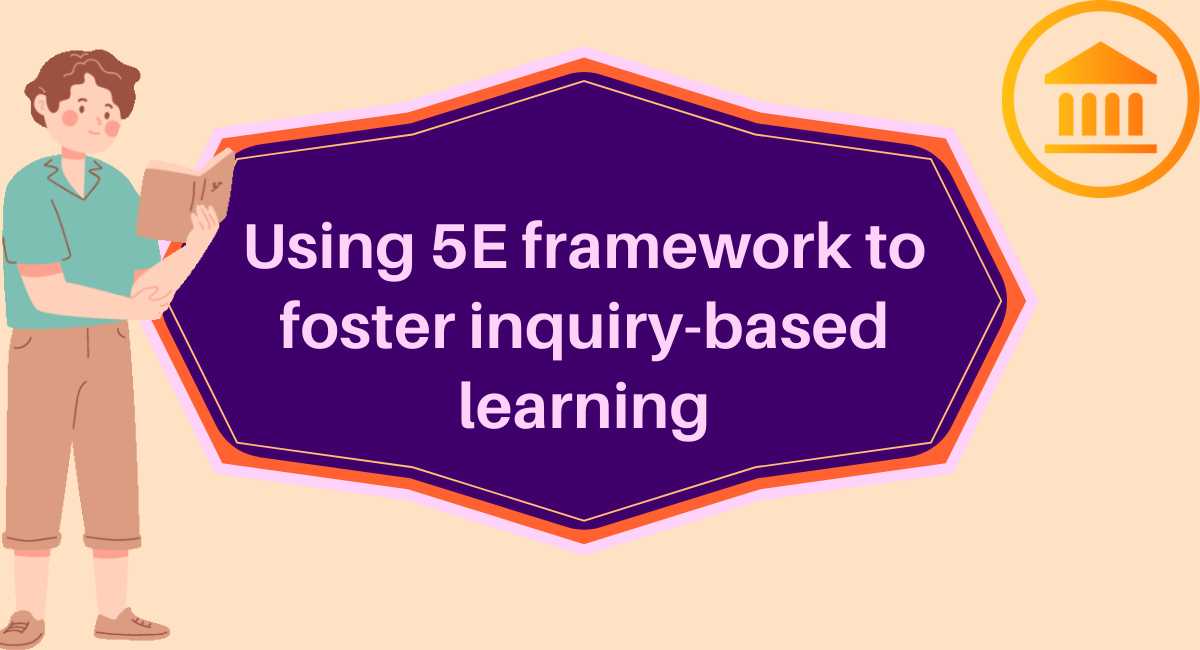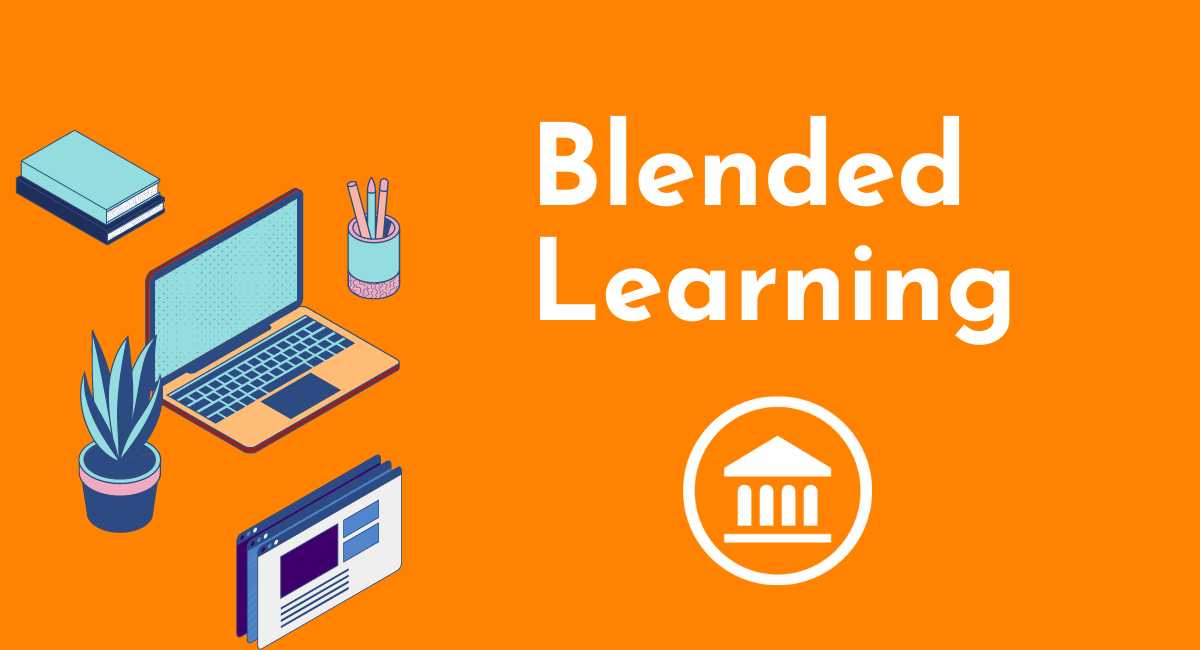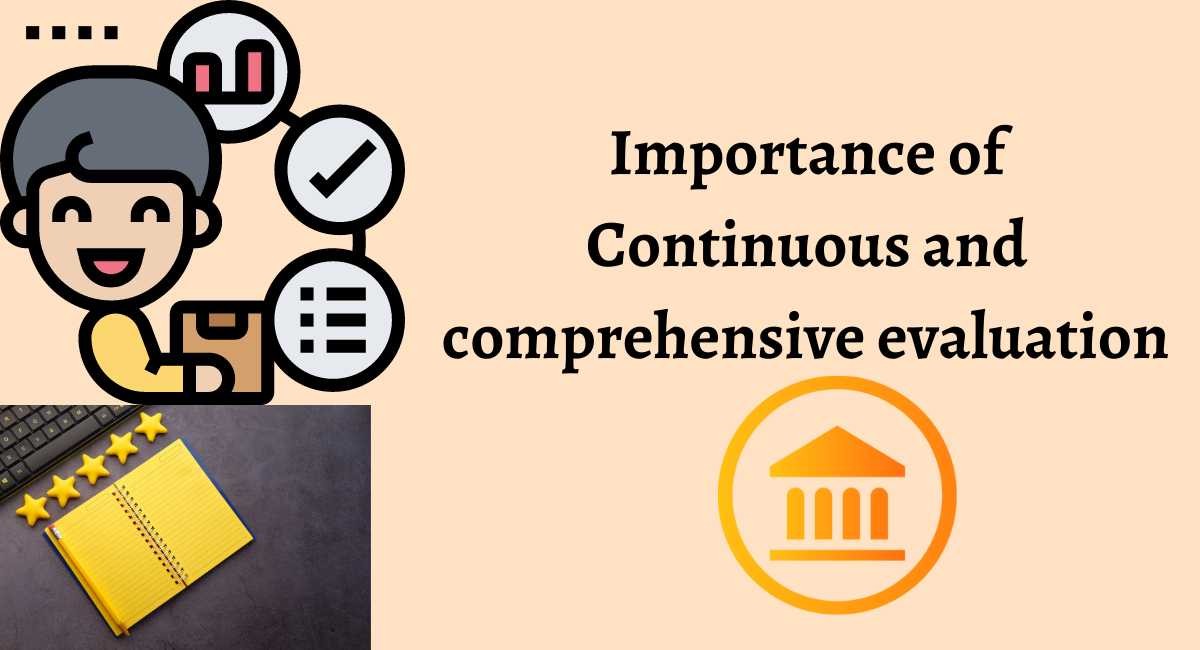Inquiry-based learning refers to a form of active learning that engages students by making real-world connections through exploration and high-level thought-provoking questioning. It encourages students to engage in problem-solving and experiential learning.
Inquiry-based learning has multiple benefits:
1. It enhances learning experiences for children by letting students explore topics themselves.
2. It helps teach skills needed for all areas of learning and enhance critical thinking and communication skills
3. It fosters curiosity in students and teaches skills students can use to continue exploring topics they are interested in.
4. It deepens students’ understanding of topics by encouraging them to make connections about what they are learning.
5. It allows students to take ownership of their learning as students can learn in a way that works for them. It inculcates in students a love for learning by developing their passion for exploration and learning.
6. It increases engagement with the learning material.
The 5E Instructional Model can help you in adopting inquiry-based learning in your classrooms. 5E learning cycle results in greater benefits concerning students’ ability for scientific inquiry and has the following 5 stages:
1. Engagement: In the first phase of the 5E Learning Cycle, the teacher gauges students’ prior knowledge and/or identifies possible misconceptions. It involves mentally engaging students with thought-provoking questions, picture observation, video clips, demonstrations, kinesthetic activities, etc.
2. Exploration: The exploration phase involves students performing hands-on activities that help them use prior knowledge to inquire, generate new ideas, and conduct a preliminary investigation. It involves hypothesis creation, research, data gathering, data analysis, and concluding and communicating ideas.
3. Explanation: In this stage, students explain their understanding of concepts and the teacher corrects students’ misconceptions.
4. Elaboration: In the elaboration stage, students extend their learning. During this stage, teachers encourage their students to apply their new understanding of concepts to other areas.
5. Evaluation: In this stage, students review and reflect on their learning. The evaluation phase encourages students to assess their understanding and abilities and provides opportunities for teachers to evaluate student progress toward achieving the educational objectives through various formative and summative assessments.






















